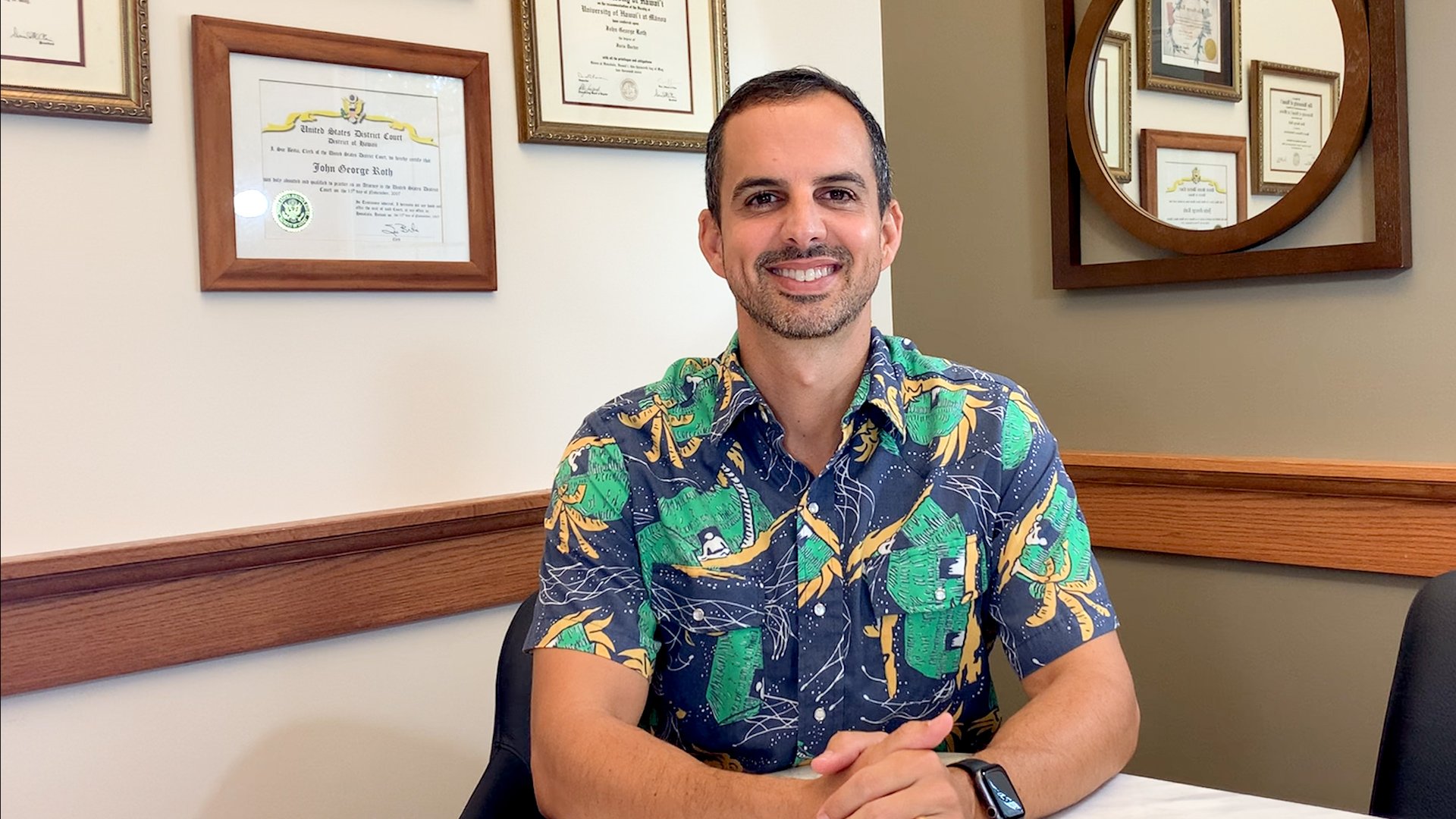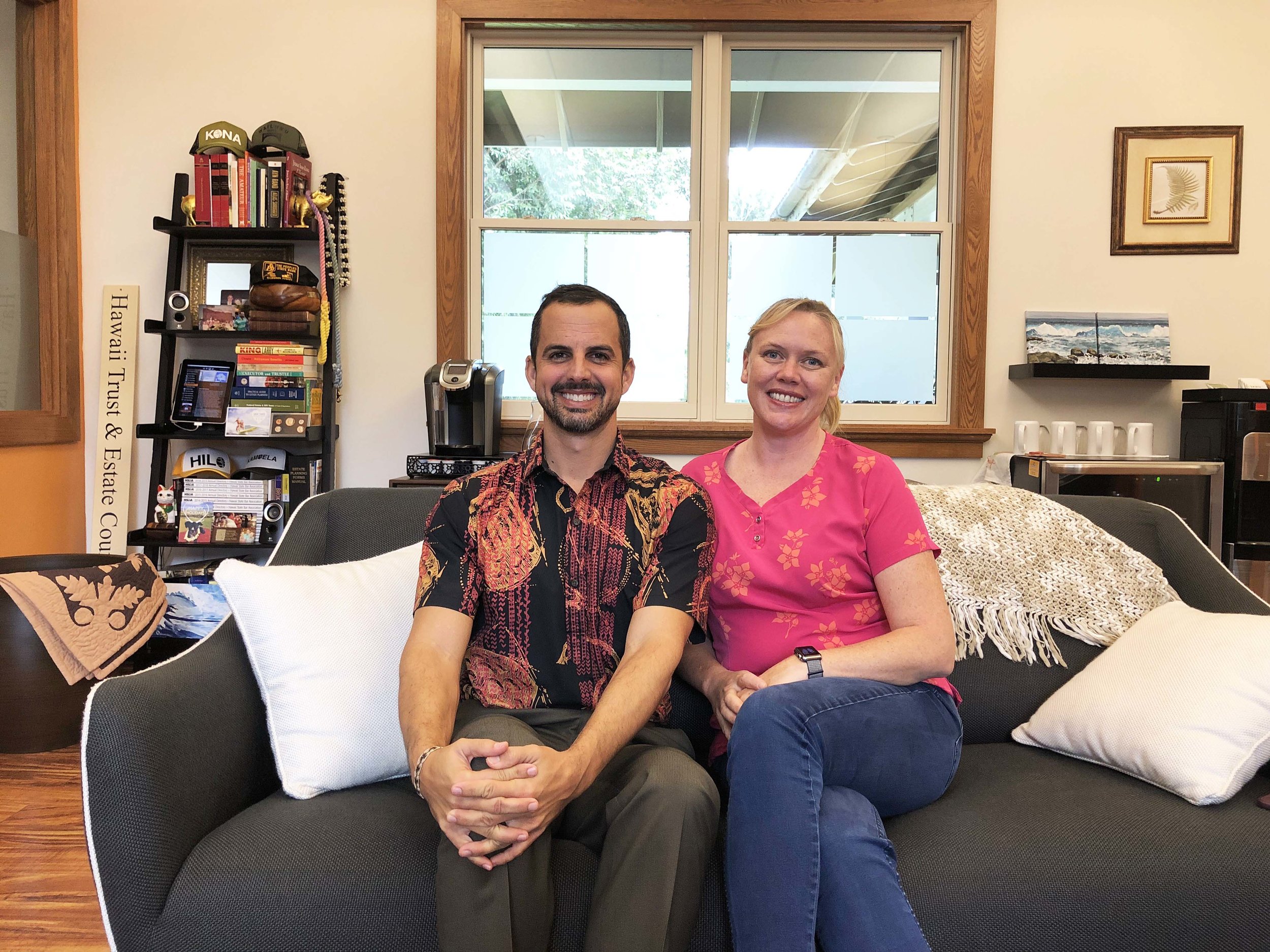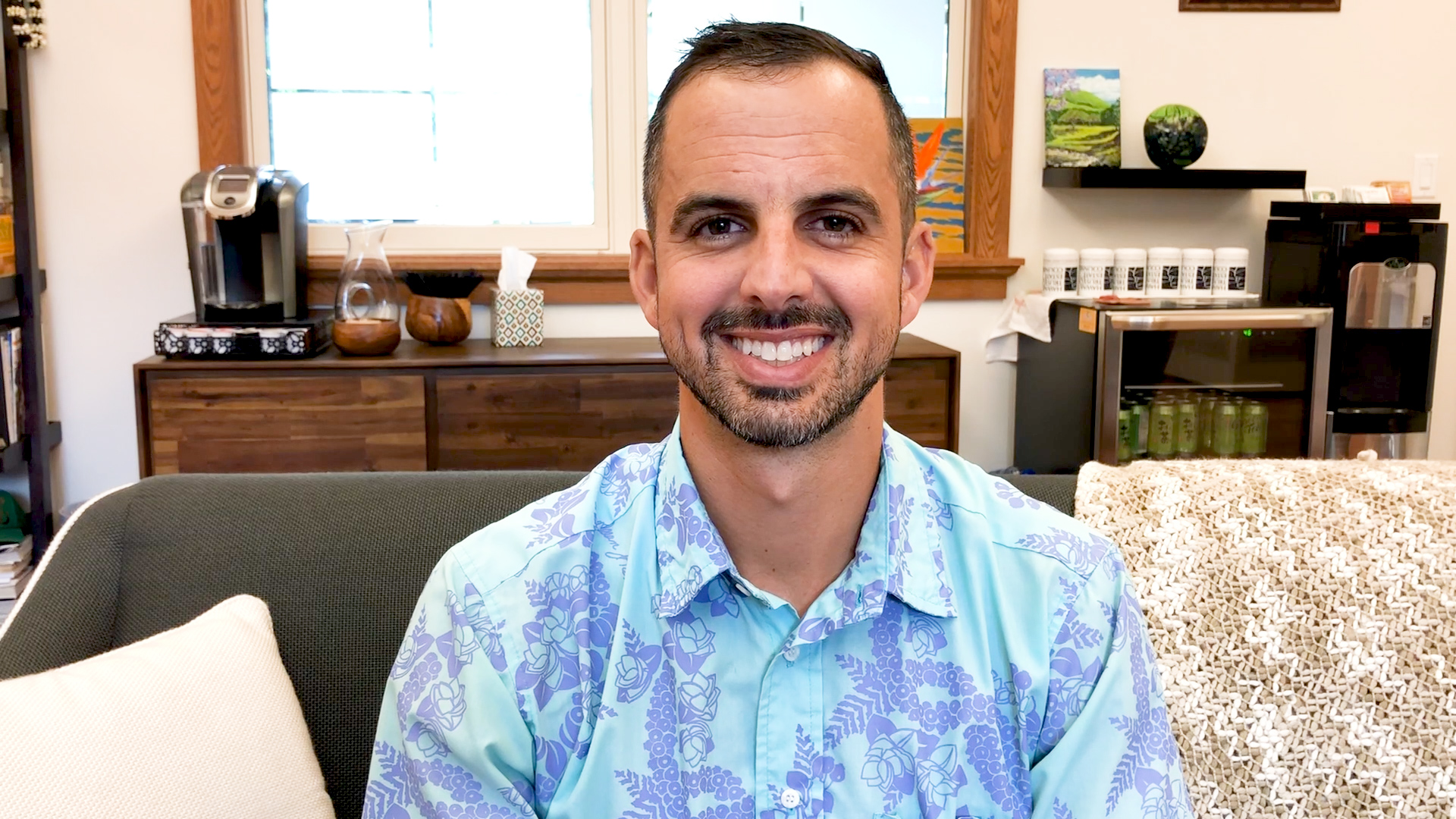Call
Kamuela: (808) 334-3343
Kailua-Kona: (808) 325-4224
Hilo: (808) 334-3343
Oahu/Maui: (808) 334-3343
Mailing Address
P. O. Box 1743
Kamuela, Hawaii 96743
OFFICE LOCATIONS
Hilo
Hawaii Business Center (Second Floor)
99 Aupuni Street, Suite 201
Hilo, Hawaii 96720
808-930-6556
WAIMEA
Carter Professional Center (next to Title Guaranty)
65-1230 Mamalahoa Highway, Suite F-102
Kamuela, Hawaii 96743
808-334-3343
Kona
Suite Possibilities
75-5915 Walua Road
Kailua-Kona, Hawaii 96740
808-325-4224
MAUI
Next to Tateishi & Associates Office
2158 Main Street, Suite 203
Wailuku, HI 96793
808-334-3343
Honolulu
We’ll come to you.
Home visits by appointment.
808-334-3343
Driving Directions
WAIMEA
An initial estate planning meeting is recommended for most people, because it's a face-to-face opportunity to understand what your options are. There are five general categories or times in your life, where estate planning should be done.
If something were to happen were to happen to you, who would take care of your child? With a will or trust you can nominate someone you trust to care for your child. Attorney John Roth explains the difference between a guardian and a conservator and how to set and age of inheritance with your estate plan.
They both have important roles in your estate plan, but what’s the different between a personal representative versus a trustee? Basically, after your lifetime, a trustee is responsible for your assets held in trust and a personal representative is responsible for your assets held in your individual name. You name your personal representative is named in your will and your successor trustee is named in your trust.
Estate planning attorney John Roth unpacks the estate tax and gift tax rules to answer wether you (or rather your estate) will owe taxes when you pass. What year you die in, how many gifts you gave in your life, and how much wealth you die with all matter when considering paying estate taxes.
Amid social distancing measures and uncertainty about COVID-19, we partnered with Tutu’s House to give a Will vs. Trust webinar. This video contains the highlights of this estate planning webinar by attorney John Roth in July 2020.
John covers the basics of estate planning- the proactive process of setting up a plan in case of your incapacity or death. This video contains the highlights of a recorded webinar by attorney John Roth, hosted by Tutu’s House in April 2020.
Not sure if you should hold your investments in trust? In this episode John talks with Certified Financial Planner Taylor Easley about whether investments should go into your trust or not.
Katherine Werner Brooks, Executive Director of nonprofit North Hawaii Hospice, explains how hospice care works on the latest Just Ask John episode. She also answers: How do you qualify for Hospice? How much does Hospice cost?
Not sure how you should hold title to your real estate in Hawaii? In this episode you’ll learn about the different ways to hold title to a piece of property and how some can help you protect your assets and even avoid probate.
We may not like to talk about it, but most of us will reach a point in our lives where we need more help from others to take care of ourselves. Estate Planning Attorney John Roth and Adult Care Expert Karyn Clay talk about incapacity or the physical or mental inability to manage one's affairs and the care options available.
So you made the decision to get your will or trust done, but how do you prepare for the first meeting with an estate planning attorney? It might be easier than you think. You should really just have three things.
What will happen if your pet outlives you? How is it decided who gets your pets? Many times our pets feel like family and you may want to make sure they’re taken care of like family if they outlive you. There are three primary ways to ensure your pets are taken care of after your lifetime.
If you did your estate planning in California, then move to Hawaii, is the plan still valid? Will your will or trust work the way you intended in you new state of residence? Each state has it’s own set of laws that govern estate planning.
Will the State take my property? Will my loved ones pay more taxes? These are common questions that come up when discussing what happens if you die without a will, but aren’t necessarily true. Each state has intestate succession statues that try to guess who you would want to get your stuff if you don’t have a will.
Maybe you’re about to go on a trip or have a sudden flash of insight that makes it urgent to make or update your will. In certain states, including Hawai`i, holographic (or handwritten) wills are accepted, but you should know a few things before breaking out the stationery.

















What assets should you put in your trust? Avoiding probate, planning in case of incapacity, and making things as easier for loved ones after your death are all things to consider.